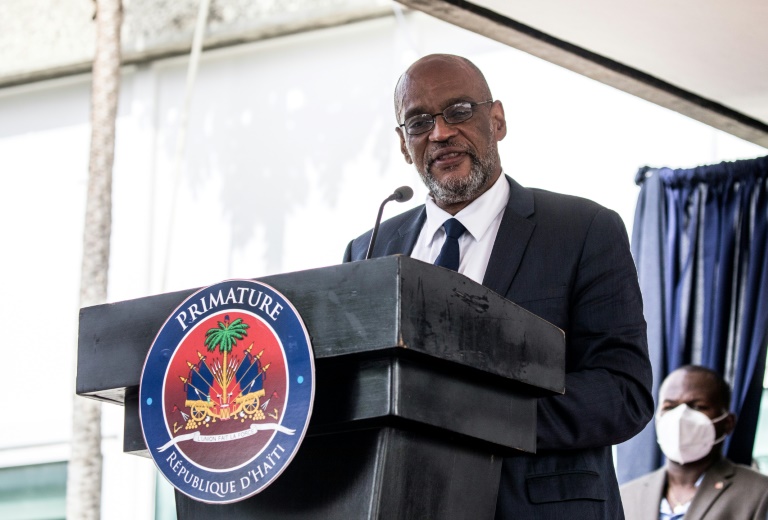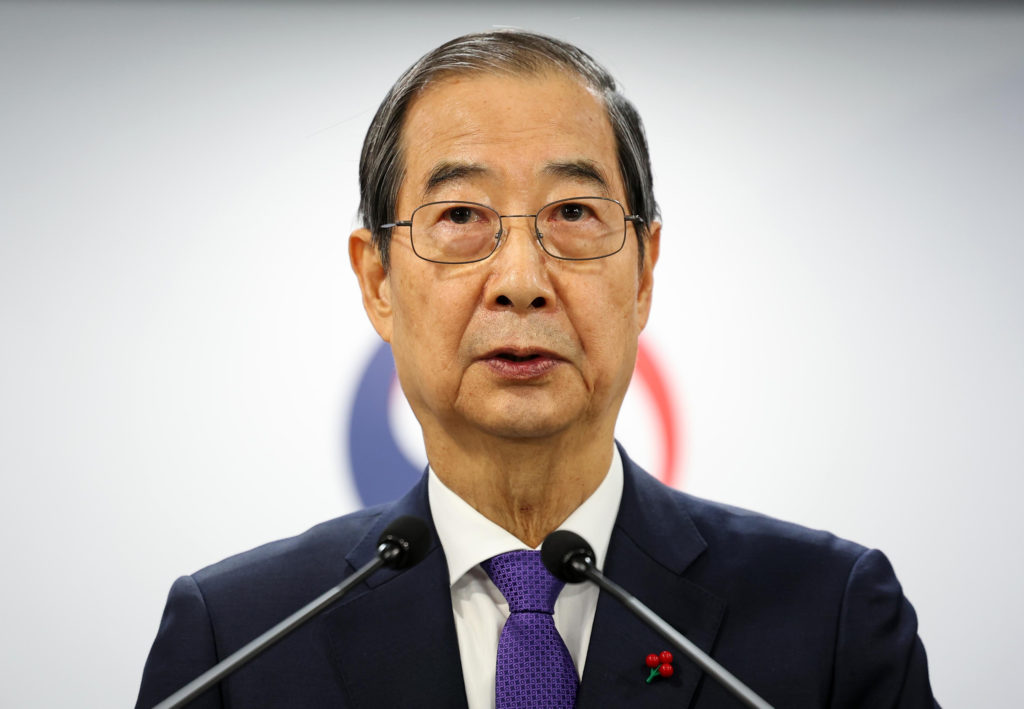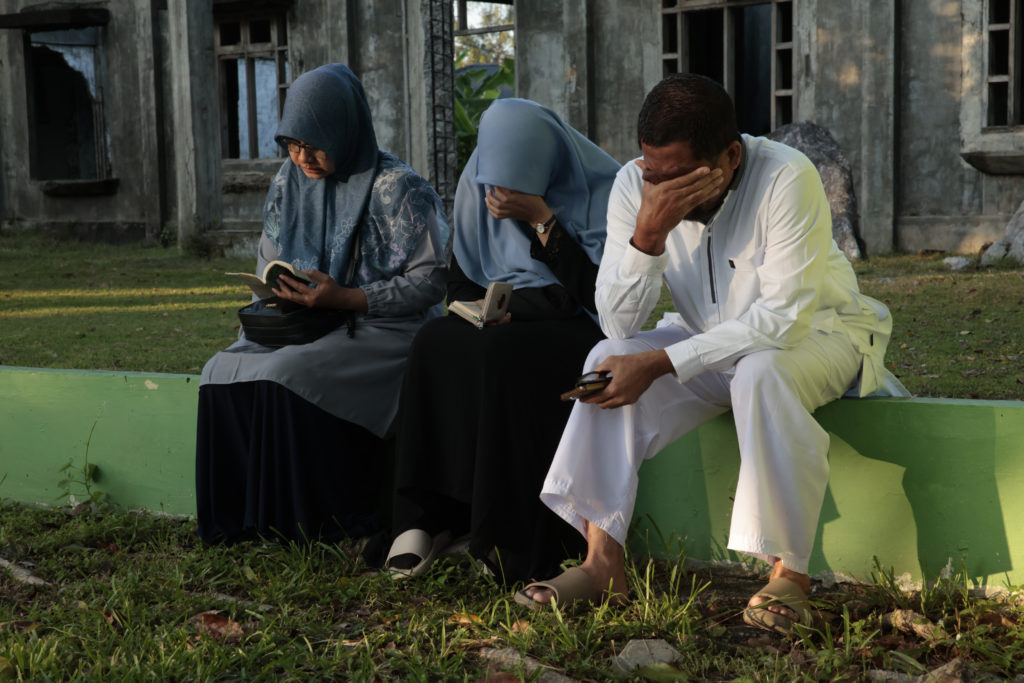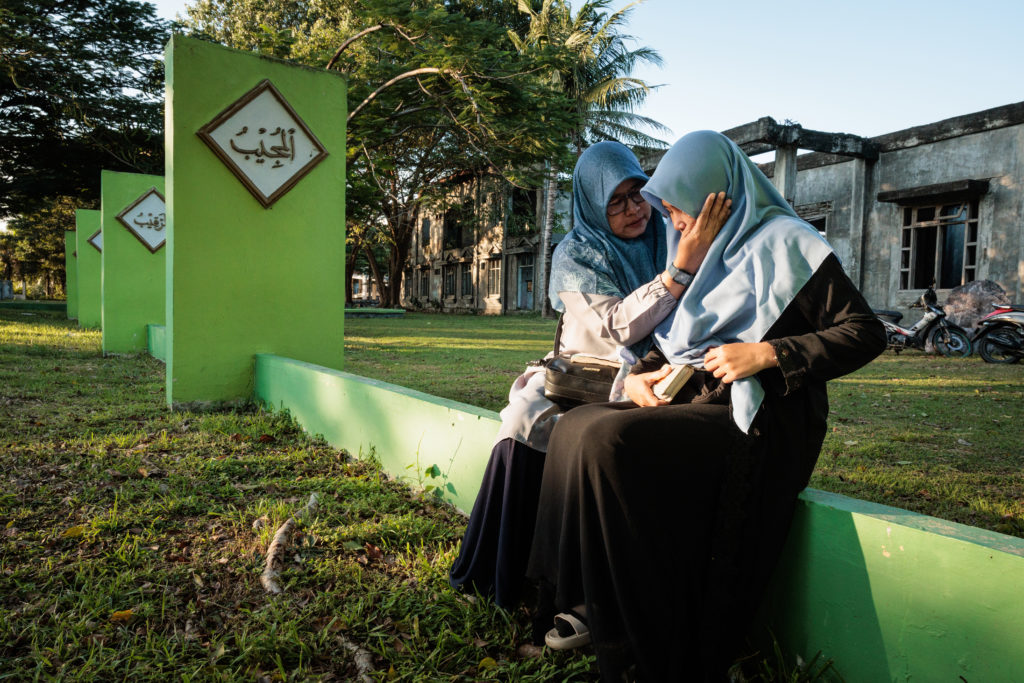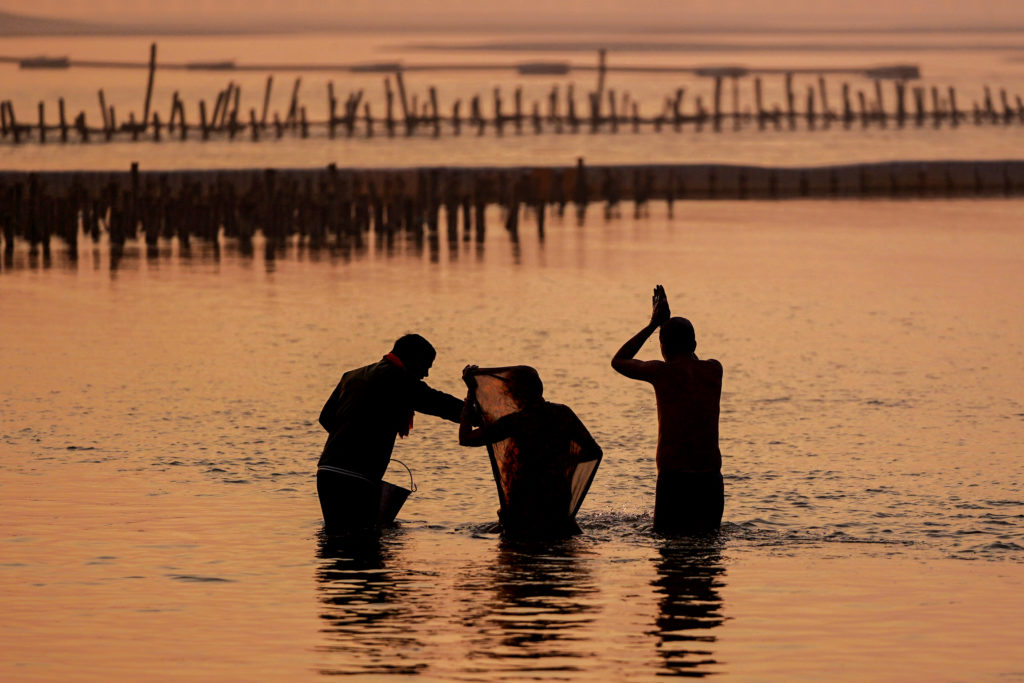Haitian Prime Minister Ariel Henry appointed a new justice minister late Wednesday, a day after dismissing a prosecutor who requested his indictment as part of the investigation into the assassination of the late president Jovenel Moise.
Liszt Quitel was appointed interim minister of justice and public security, according to a special issue of the official newspaper Le Moniteur, dated September 15. He had been serving as interior minister since July 20.
The appointment came as confusion reigned in Haiti, more than two months after the murder of the head of state in his private residence in the middle of the night by an armed commando team.
On Tuesday morning, the government commissioner in Port-au-Prince — equivalent to a federal prosecutor — asked the judge in charge of the investigation to indict the prime minister.
The prosecutor, Bed-Fort Claude, had written the previous Friday to the head of government inviting him to present himself voluntarily to the prosecution in order to explain the content of two phone calls he allegedly had with one of the main suspects behind the assassination on the night of the attack.
That suspect was Joseph Felix Badio, the former executive of the justice ministry’s anti-corruption unit.
Badio’s phone was allegedly tracked to the area near Moise’s residence when Badio called Henry twice in the early hours of July 7, after the president was shot dead by gunmen.
On Saturday, the prime minister denounced the prosecutor’s approach, calling it “diversionary tactics.”
Because the investigation into Moise’s assassination had been assigned to an examining magistrate, the prosecutor can no longer legally intervene in the case. It was on these grounds that Henry sacked Claude.
The dismissal on Wednesday of Justice Minister Rockefeller Vincent came as the prime minister continues to enjoy the backing of the international community, which has remained silent in the face of the deepening political crisis.
Diplomats from the so-called Core Group — which brings together representatives in Haiti from the United Nations, the European Union, the Organization of American States as well as the embassies of Germany, Brazil, Canada, France, the United States and Spain, met Henry at his official residence.
“The Core Group (…) encourages the efforts undertaken by the Prime Minister, political actors, and Haitian civil society to find a consensual agreement allowing the establishment of an inclusive government and accelerating the return to a normal functioning of democratic institutions through the holding of elections,” according to a press release published Wednesday evening.
The diplomatic corps also insists that “all light be shed on the assassination of President of the Republic Jovenel Moise and that its perpetrators be sought and brought to justice, in accordance with the principles of the rule of law.”
Faced with political infighting and a lack of functioning institutions, Haiti’s citizens are dismayed by the fact that their daily realities of crime and poverty are being overlooked.
Already plagued by extreme poverty, Haiti sank further into a humanitarian crisis following a powerful earthquake that devastated the southwest of the country on August 14, killing more than 2,200 people.

